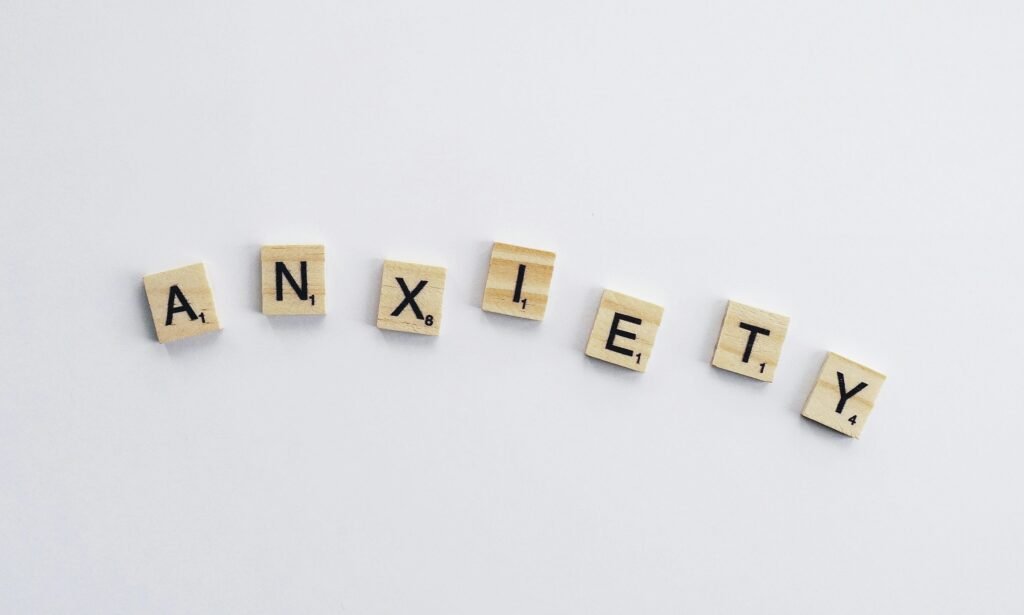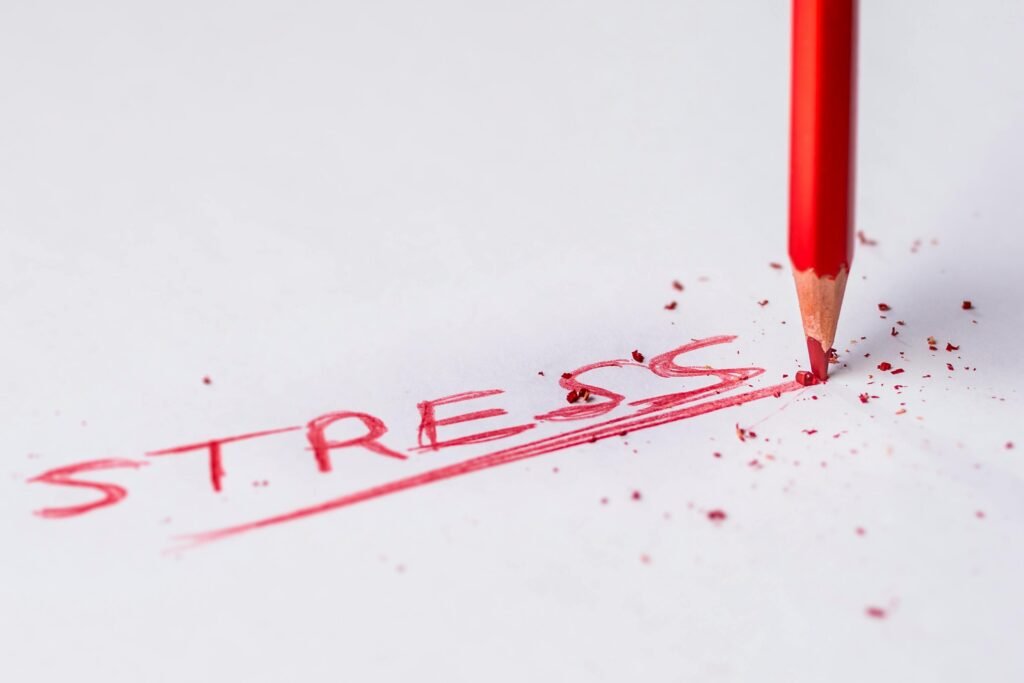How Physical Activity Improves Your Mental Well-being
In today’s fast-paced world, mental health issues like stress, anxiety, and depression are becoming more common. Many people struggle to find balance in their lives, seeking solutions to manage their mental well-being. One often-overlooked solution is regular physical activity. The relationship between physical activity and mental health is powerful, with countless studies confirming that exercise can play a significant role in improving mood, reducing stress, and boosting overall mental wellness.
This article will explore the powerful link between physical activity and mental health, breaking down the science behind this connection, the types of exercises that benefit the mind, and tips for incorporating physical activity into your daily routine for better mental well-being.
The Science Behind Physical Activity and Mental Health
Engaging in regular physical activity leads to a wide range of mental health benefits. Here are a few ways that exercise positively impacts the brain:
- Release of Endorphins:
Physical activity stimulates the release of endorphins, which are chemicals in the brain that promote feelings of happiness and relaxation. These “feel-good” hormones act as natural mood lifters, helping reduce feelings of anxiety and depression. - Reduction of Stress Hormones:
Exercise helps lower levels of cortisol, a stress hormone that can negatively impact mental health if produced in excess. Regular physical activity can manage stress more effectively, promoting a calm and balanced mental state. - Improved Sleep Quality:
One of the often-overlooked benefits of physical activity is improved sleep. Exercise helps regulate your sleep patterns, allowing you to fall asleep faster and enjoy deeper, more restful sleep. Better sleep is directly linked to improved mood and cognitive function. - Increased Brain Function:
Exercise increases blood flow to the brain, improving cognitive functions like memory, focus, and problem-solving skills. In addition to keeping the body fit, physical activity also enhances mental sharpness, which can reduce feelings of brain fog or forgetfulness. - Boost in Self-esteem:
When you stay physically active, you tend to feel better about yourself. Completing a workout or noticing physical improvements in your body can enhance your self-esteem and provide a sense of accomplishment. This positive self-image is essential for mental well-being.
Types of Physical Activity That Benefit Mental Health
Not all exercises are the same when it comes to mental health. Some activities are particularly effective in boosting mental well-being. Below are several types of physical activities that have proven benefits:
- Aerobic Exercises:
Activities like running, swimming, biking, and dancing are great for boosting your mood and improving mental health. These exercises get your heart pumping, increasing blood flow to the brain and triggering the release of endorphins.

- Yoga and Mindfulness Exercises:
Yoga, Tai Chi, and other mindfulness-based physical activities are perfect for reducing stress and calming the mind. These exercises focus on breathing, flexibility, and gentle movements, helping to ease anxiety, improve focus, and encourage a relaxed state of mind.

- Strength Training:
Lifting weights or doing bodyweight exercises such as push-ups and squats can also improve mental health. Strength training has been linked to lower levels of depression and anxiety, and it helps build confidence as you become physically stronger.

- Group Sports and Activities:
Participating in group sports like basketball, soccer, or even a friendly group workout at the gym can provide both physical and social benefits. The camaraderie and teamwork involved in group activities reduce feelings of loneliness and increase social connections, which is vital for mental well-being.

- Outdoor Activities:
Exercising outdoors—whether hiking, cycling, or even walking—has added benefits. Spending time in nature has been shown to reduce symptoms of anxiety and depression. The combination of physical activity and exposure to natural environments creates a powerful remedy for improving mental health.

How Much Physical Activity Is Needed for Mental Health Benefits?
The good news is that you don’t need to become a professional athlete to experience the mental health benefits of physical activity. Even moderate levels of activity can have a significant impact on your mood and overall mental well-being.
According to health guidelines, adults should aim for at least 150 minutes of moderate-intensity aerobic activity per week, which can be broken down into manageable chunks—such as 30 minutes of walking five days a week. Including strength training exercises at least two days a week is also beneficial.
If you’re just getting started, remember that any form of physical activity is better than none. Start with small, achievable goals, and gradually increase the intensity and duration of your exercise routine as you become more comfortable.
Mental Health Conditions Improved by Physical Activity
Physical activity isn’t just for maintaining general well-being; it can also help manage specific mental health conditions. Here’s how exercise can aid in treating common mental health issues:
- Depression:
Research shows that exercise is an effective way to treat mild to moderate depression. Engaging in regular physical activity boosts serotonin levels, which can alleviate depressive symptoms. In fact, some studies suggest that exercise may be as effective as antidepressant medications for certain individuals.

- Anxiety:
Physical activity acts as a natural anxiety reliever. The rhythmic movements involved in exercises like walking, running, or swimming can help calm the mind and reduce the physical symptoms of anxiety, such as a racing heart or tense muscles.

- Stress:
Exercise provides a healthy outlet for stress. Physical activity helps lower cortisol levels, which in turn reduces stress. Activities like yoga and stretching can also help release built-up tension in the body, promoting relaxation.

- ADHD (Attention-Deficit/Hyperactivity Disorder):
Exercise helps improve concentration, motivation, and memory—all areas where individuals with ADHD may struggle. Physical activity increases dopamine and norepinephrine levels in the brain, which are crucial for focus and attention.

- PTSD (Post-Traumatic Stress Disorder):
Physical activity can be a valuable part of a PTSD treatment plan. Exercises like running, swimming, and cycling allow individuals to focus their energy in a healthy way, helping reduce the intensity of traumatic memories and improving mood.

Tips for Incorporating Physical Activity into Your Routine
If you’re looking to improve your mental health through physical activity, here are some practical tips to help you get started:
- Find an Activity You Enjoy:
Whether it’s walking, swimming, yoga, or strength training, choose an activity that you genuinely enjoy. You’re more likely to stick with a workout routine if it feels fun and rewarding. - Start Small:
If you’re new to exercise, begin with short, manageable workouts. Even 10-15 minutes of physical activity each day can make a difference in your mental health. Gradually increase your workout duration as you become more comfortable. - Set Realistic Goals:
Setting small, achievable goals helps you stay motivated. For example, aim to walk for 30 minutes three times a week or try a new fitness class once a month. Celebrate your progress as you reach each milestone. - Mix It Up:
Avoid burnout by varying your physical activity routine. Try different exercises to keep things interesting. You might go for a walk one day, do yoga the next, and try a group workout over the weekend. - Make It Social:
Exercising with friends or joining a fitness group can provide social support and motivation. The social aspect of group exercise is an added bonus for mental health, promoting a sense of connection and community.




